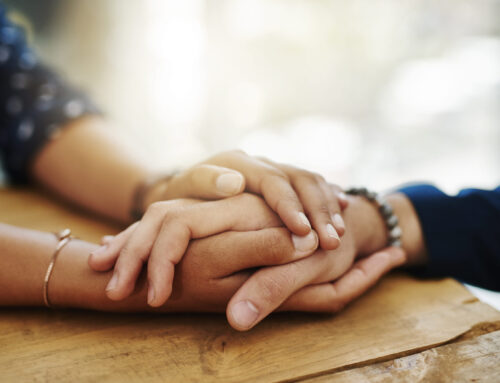
Recreational therapy is an integrative treatment approach that aims to improve the mental, physical, and social well-being of individuals struggling with addiction or substance use disorder. It helps facilitate therapeutic activities, such as sports and outdoor recreation, for those in outpatient treatment programs all around the world.
Not only does recreational therapy help encourage healthy lifestyle choices but it also provides a platform to address other challenges faced by those who have begun their journey towards recovery from addiction. By facilitating leisure-based activities that are both fun and engaging whilst being tailored specifically to meet each person’s individual needs, recreational therapy offers a positive alternative to traditional forms of health care.
In this article, we will take an in depth look at what recreational therapies are available to individuals that are undergoing outpatient treatment programs for alcoholism or drug addiction.

What is Recreational Therapy in an Outpatient Treatment Program?
Recreational therapy is a holistic approach to mental and physical health that combines therapeutic recreation, exercise, and leisure activities with evidence-based treatments. This type of therapy option helps individuals improve their physical, social, emotional, spiritual, and cognitive functioning.
It does this through encouraging patient participation in a variety of activities that are designed to reduce stress and promote healing while they are in recovery. By introducing people to new activities and allowing them to step outside of their comfort zone, recreational therapy helps patients in outpatient treatment programs develop healthy lifestyle habits.
How Does Recreational Therapy Help Those With Substance Use Disorder?
Recreational therapy has been shown to be effective in helping individuals recover from addiction or substance use disorders. Through this type of therapy, individuals have the opportunity to engage in activities such as art therapy and music therapy which can help them express their feelings without using substances or engaging in unhealthy behaviors. Some other forms of recreational therapy include outdoor recreational activities such as camping or hiking. These activities allow patients to explore nature while also teaching them how to practice healthy self-care habits such as mindfulness and meditation.
Recreational therapy encourages individuals to participate in hobbies or interests that they find to be meaningful. This can provide them with a purposeful distraction from cravings or triggers that are commonly associated with their addiction.
In addition to providing an important outlet for expressing their emotions, recreational therapy also helps individuals learn important skills that are related to decision making, problem solving, communication, time management, coping strategies and relapse prevention. The ability to manage these outlets is an essential component to helping individuals maintain their sobriety after completing an outpatient treatment program.
Recreational therapy provides social support by connecting individuals with others who are also trying to overcome similar challenges that are related to addiction and substance use disorders. When patients can face their obstacles head-on in a conducive setting with like-minded peers, it creates a sense of community and inspires motivation during the recovery process.
Types of Recreational Therapy Options in Outpatient Treatment Programs
Recreational therapy is an often-overlooked, yet essential element in the recovery process for those who are undergoing an outpatient treatment program for addiction or substance use disorder. By engaging in recreational activities, individuals can learn and practice important skills related to the management of their illness. The best type of recreational therapy options consist of local visits, planned social activities, and hobbies that have the ability to support the psychological and physical health of patients.
Below are some common types of recreational therapy options for individuals attending an outpatient treatment program, like the one offered at Georgia Addiction Treatment Center:
- Group sports
- Local outings; bowling, movie theater, mini-golf, paintball, etc.
- Dance Classes
- Yoga and Meditation Classes
- Tai Chi and Karate Lessons
- Arts and Crafts Projects
Learn Skills That Will Help You Maintain Your Sobriety at Georgia Addiction Treatment Center
Recreational therapy is an integral part of the recovery process for those who are undergoing an outpatient treatment program for addiction or substance use disorder. At Georgia Addiction Treatment Center, our patients engage in recreational activities such as art therapy or outdoor games, where they are able to learn important skills. These skills and coping strategies are helpful when it comes to helping them manage their addiction while also connecting them with others who understand what they’re going through.
For those looking to attend an outpatient treatment program in Atlanta or the surrounding areas, the recovery professionals at Georgia Addiction Treatment Center understand the essential components of achieving successful long term sobriety.
Reach out to our team at Georgia Addiction Treatment Center today. We are here to help you reach a higher level of independence with skills you will learn throughout your addiction treatment with us.




